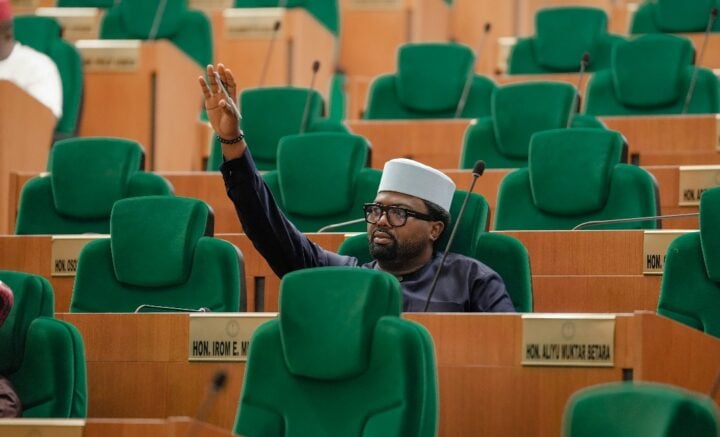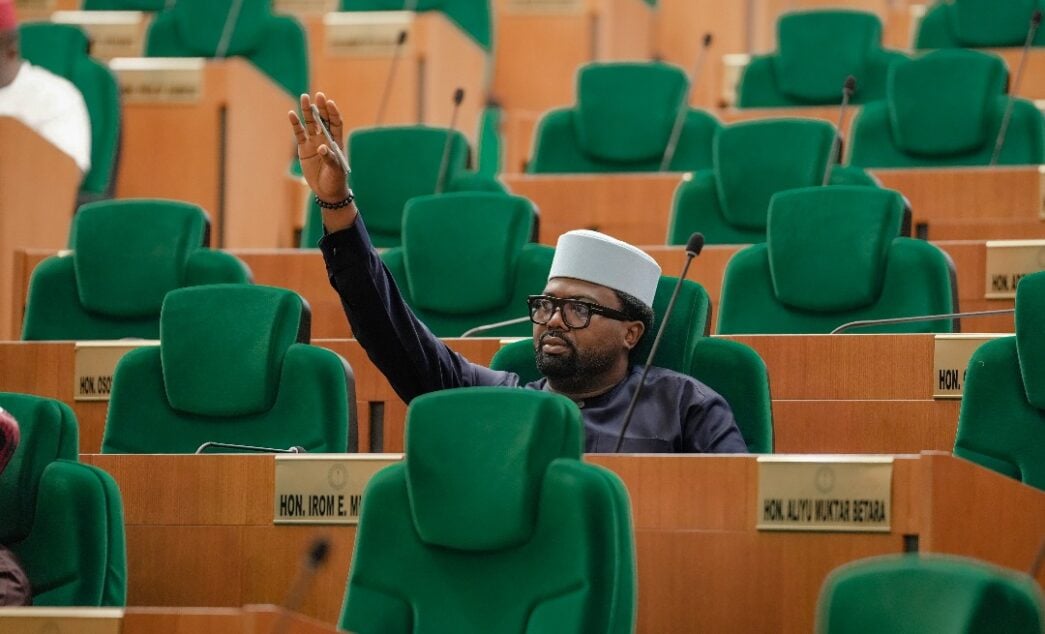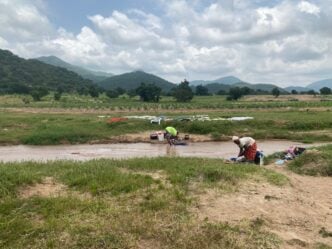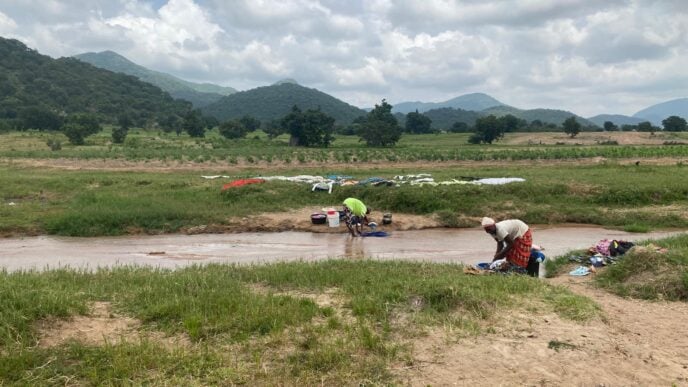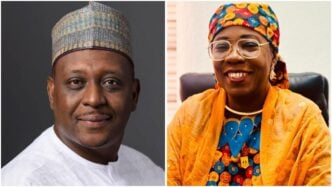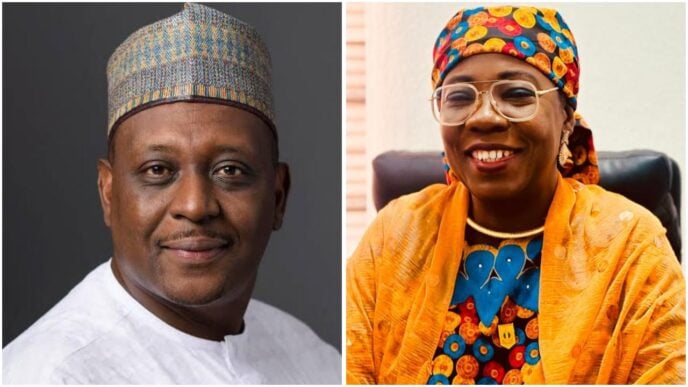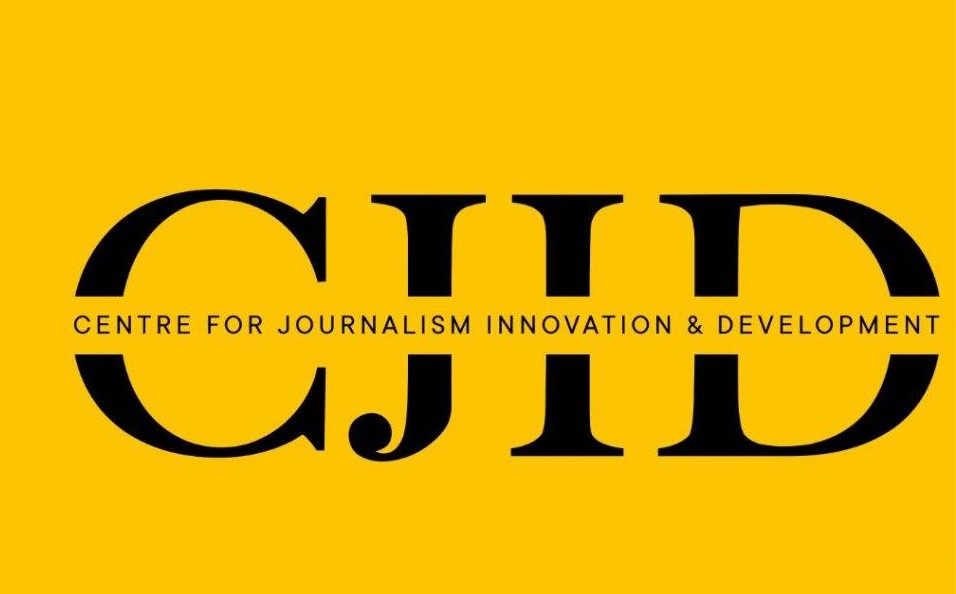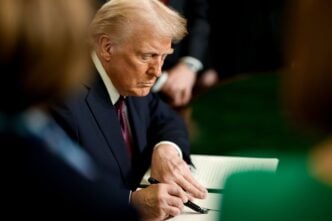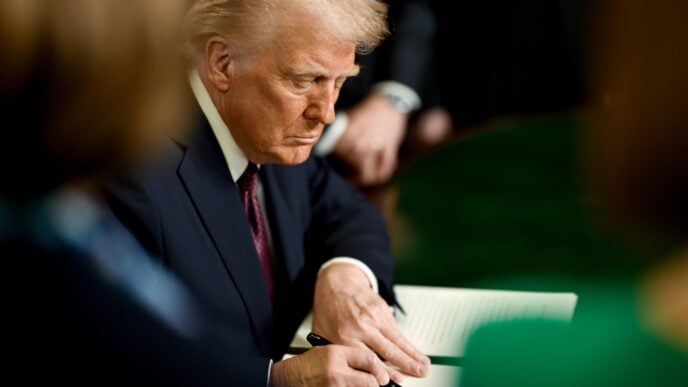Akin Rotimi
Akin Rotimi, chairman of the house of representatives committee on media and public affairs, says artificial intelligence (AI) is accelerating the spread of fake news and undermining public trust in journalism.
Speaking at a panel discussion hosted by NPO Reports on Saturday, Rotimi described fake news as a deliberate tool for manipulation.
The discussion held on X on Saturday in commemoration of World Press Freedom Day.
The event had as its theme: ‘Fake news, political agenda, and the erosion of public trust in the media’.
Advertisement
“Fake news is not merely a buzzword. It is designed to mislead, manipulate our public biases,” Rotimi said.
“Citizens now consume news with a default scepticism. Artificial Intelligence has accelerated the dissemination of fake news. Falsehood now travels faster, wider, and deeper than before.”
He warned against giving the government control over fake news regulation, saying the media should bear the responsibility.
Advertisement
“Freedom without responsibility is anarchy. Journalism without ethics is propaganda,” he added.
“In any society, if you leave it to government, it will always be skewed. It is always better for the media to self-regulate.”
He added that media gatekeepers must rise to the challenge of protecting professional standards.
“Anybody now can open a platform and publish anything these days without recourse,” he said.
Advertisement
“Many times when journalists publish stories without accountability, the gatekeepers are silent. Why is it only when journalists are picked up that we hear from them?
“The onus is on the practitioners and industry to retake your high ground as a moral safeguard.”
‘A TOOL FOR POLITICAL ACTORS’
Semiu Okanlawon, the publisher of NPO Reports who opened the discussion, warned that fake news has become a tool for political actors.
Advertisement
“Fake news has suddenly become a tool in the hands of political manipulators and merchants,” he said.
“The manipulation of the media for personal agenda is on an alarming rise. The result is the erosion of public trust in the media.”
Advertisement
Kolapo Olapoju, editor of TheCable, linked the rise of fake news to the growing influence of untrained voices in the media.
“Globally, the scourge of fake news is extremely rampant,” he said.
Advertisement
“There are lots of people behind the screen pulling the strings. We are dealing with a significant trust deficit. The media itself has not been very responsible in its reportage.
“We’ve allowed a lot of quacks to come into the space and drown out those doing important work.”
Advertisement
Bisi Deji-Folutile, editor-in-chief of Frank Talk Now, said political and economic interests primarily drive fake news in Nigeria.
“There are people behind the scenes responsible for most of the misinformation,” she said.
“Whatever you see coming from the media is controlled by economic and political powers. Fake news and misinformation don’t just go into the space.
“Those who tag your report as fake news are often the ones pushing it. I have seen cases where these people book advert spaces where they push your stories as fake.”
Deji-Folutile called for fact-checking literacy and adherence to journalism ethics.
“We should aim at promoting digital literacy. We should also promote fact-checking literacy. We need to enforce all ethical standards,” she added.
END OF AN ERA?
Dotun Oladipo, editor-in-chief of The Eagle Online, said public trust in the media has improved, but more needs to be done.
“The media has 65 percent trust from Nigerians. Last year it was 61 percent,” he said.
“People are beginning to have the capacity to separate real journalists from those who spread false and fake news.”
He spoke about the need to differentiate between trained professionals and citizen journalists.
“We cannot lump citizen journalists with those who are professionals — they don’t belong anywhere,” he added.
“Most people coming out of school now are ill-equipped and unwilling to stay. I’ve been saying for the past 10 years that once this crop of editors fade, that may spell the end of journalism.”
Zikora Ibeh, assistant director at Corporate Accountability and Public Participation Africa (CAPPA), who represented Akinbode Oluwafemi, the founder, said that while Nigeria has laws to address fake news, the challenge lies in enforcement.
“There’s an abundance of laws. And inside these regulations, we have laws addressing fake news,” he said.
“We have to reinforce our accountability mechanism. Public institutions have to release factual information. They have to be accessible.”
